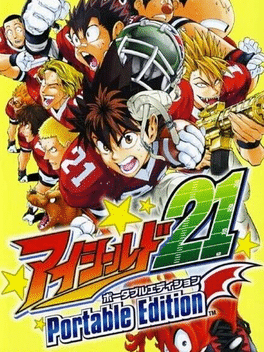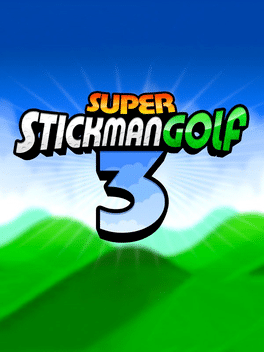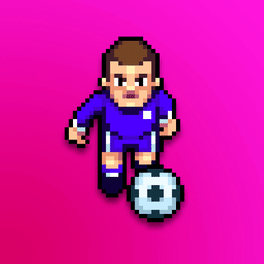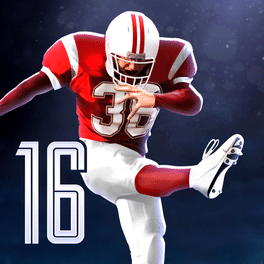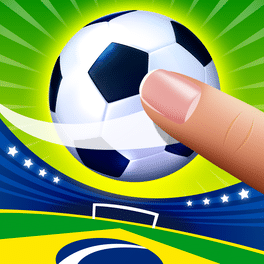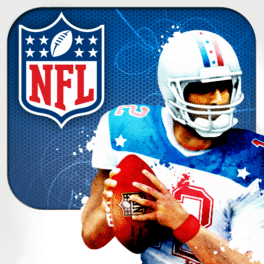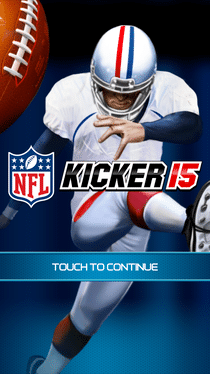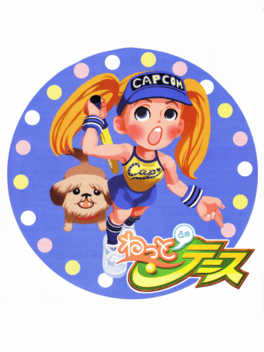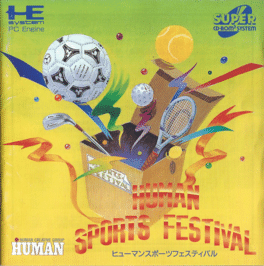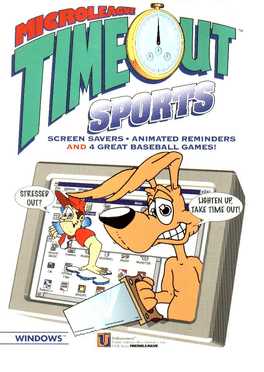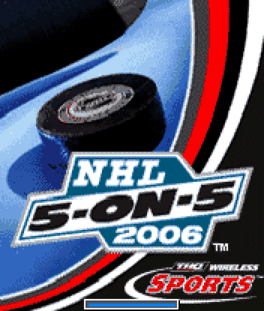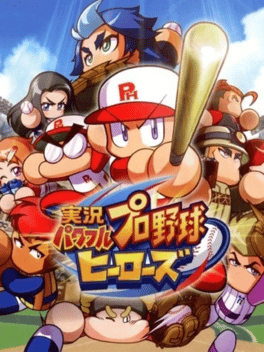Most Popular Sport Games - Page 214
-
Eyeshield 21: Portable Edition
2006
A PSP game based on the football anime Eyeshield 21. It is based on the manga and anime series Eyeshield 21. -
Bowling Party
2015
-
Super Stickman Golf 3
2016
The award winning Super Stickman Golf series is back and better than ever! Super Stickman Golf 3 is packed full of new courses, power ups, collectable cards, game modes, multiplayer madness and a ton of new surprises for you to discover. It’s a new spin on a classic game! -
Tiki Taka Soccer
2016
-
NFL Kicker 15
2015
-
Netto de Tennis
2000
Netto de Tennis
2000
Netto de Tennis is a tennis budget title released for the Dreamcast exclusively in Japan. It shares many similarities to Smash Stars, the tennis portion of the game Capcom Sports Club. -
Human Sports Festival
Play tennis, soccer or golf in this perfectly normal sounding sports game from Human Entertainment.
